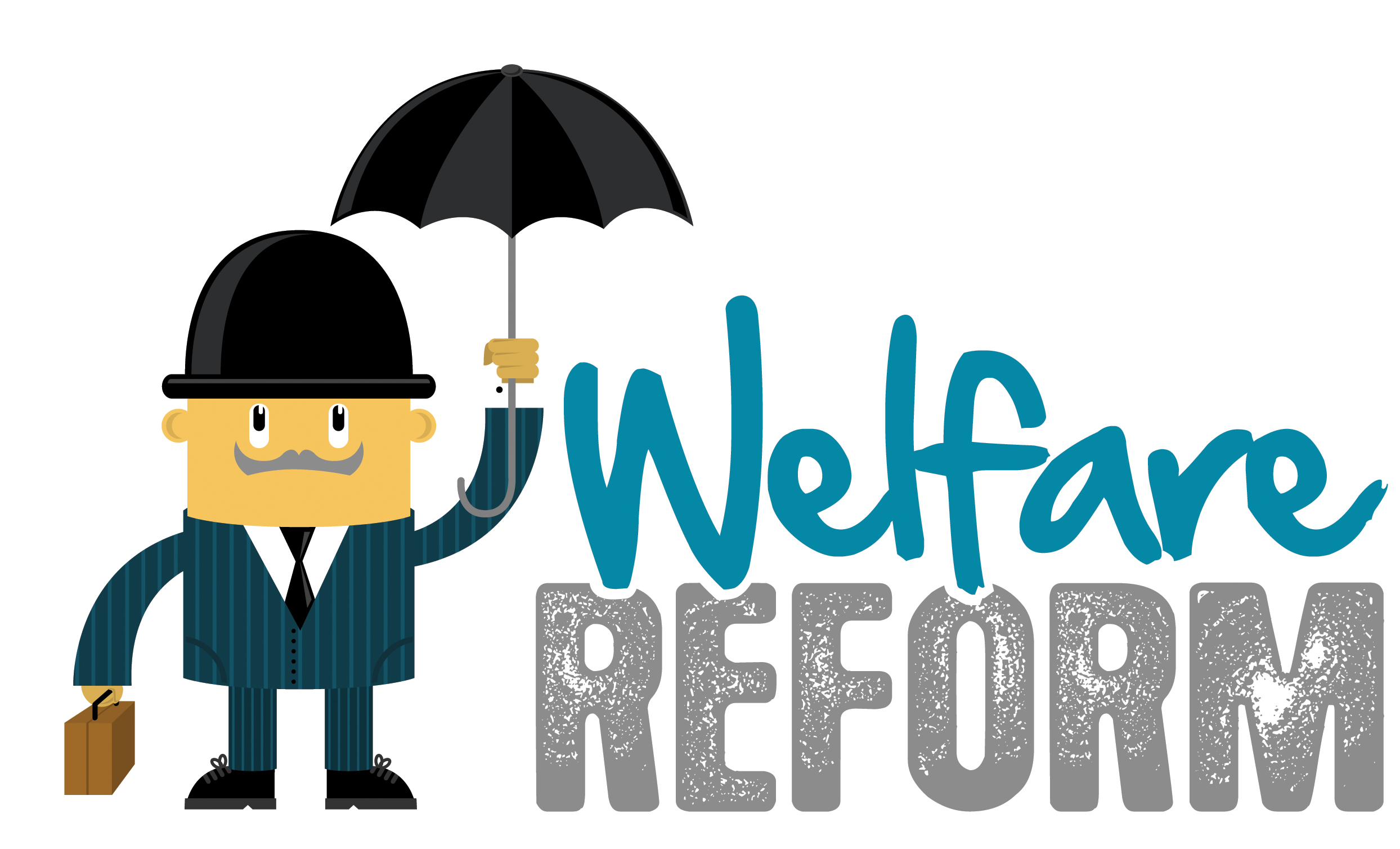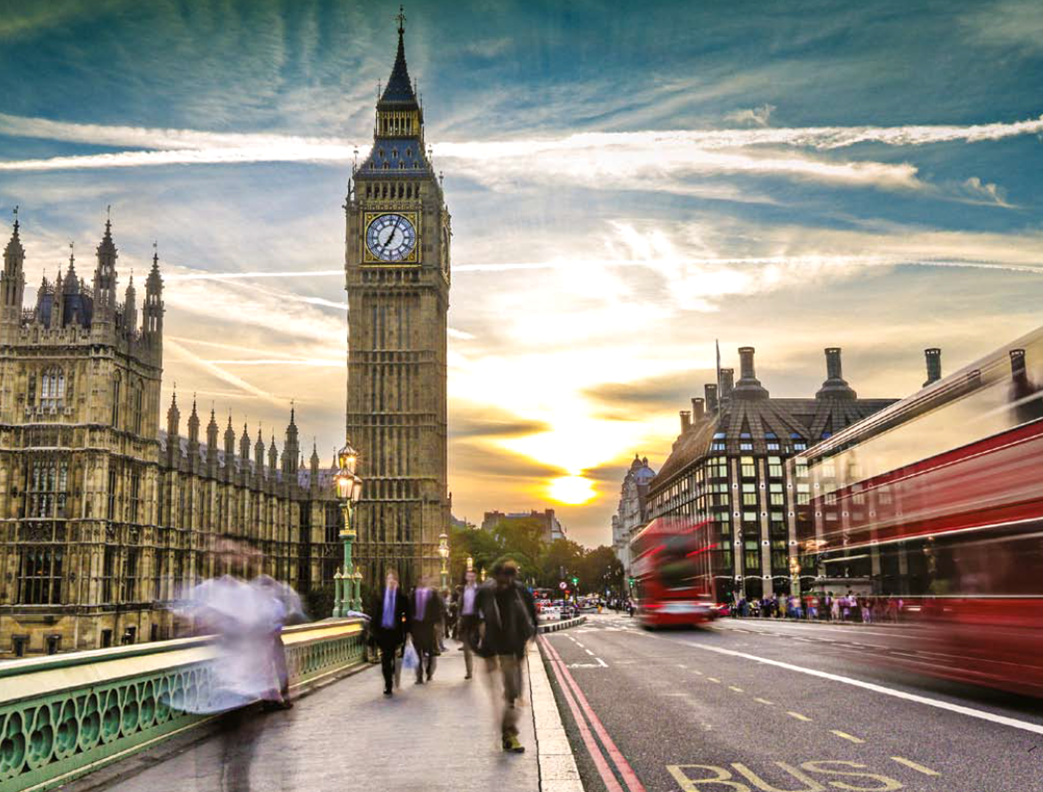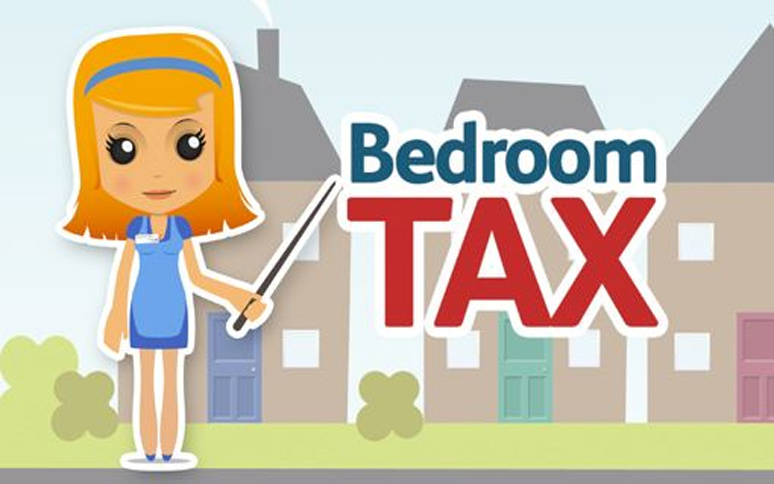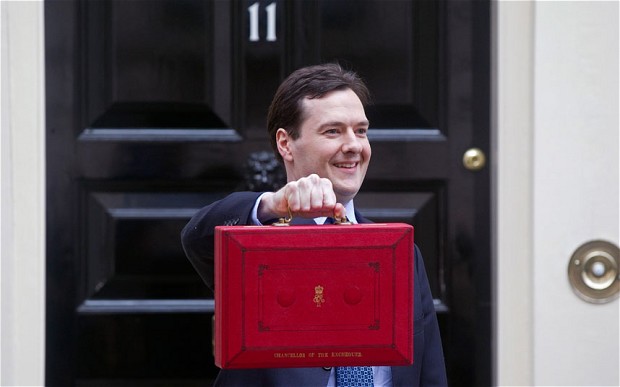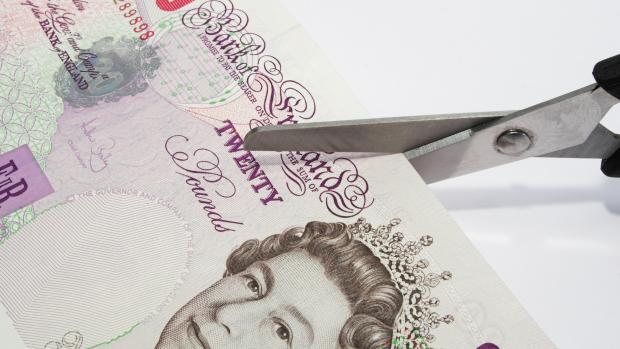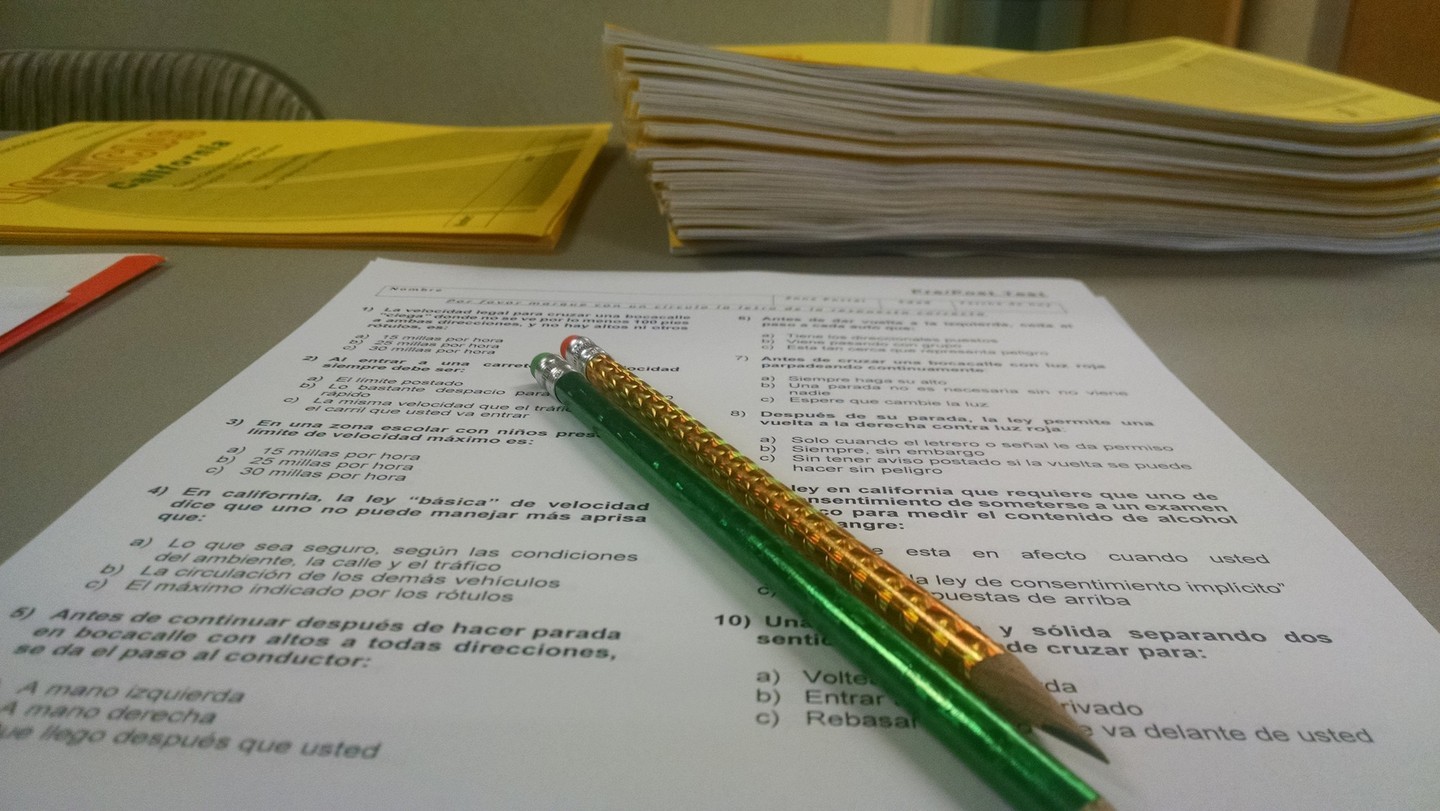Welfare Reforms ‘Will Make Benefits Fairer’
New rules on housing benefit come into effect as the Government begins the biggest shake-up in the history of the Welfare State.
The Government is beginning the biggest shake-up in the history of the Welfare State with the introduction of a raft of reforms which it says will make the benefits system “fairer”.
Chancellor George Osborne and Work and Pensions Secretary Iain Duncan Smith have dismissed criticism that they say makes the shake-up sound like “the beginning of the end of the world”.
From April 2013 around 660,000 social housing tenants with a spare room began to lose an average £14 a week in what critics have dubbed a “bedroom tax”.
It is part of a package of welfare and tax changes coming into force this month and will hit poor families and the disabled particularly hard.
Mr Duncan Smith said the changes were about “getting some fairness in the system”.
An overhaul to council tax benefit will see bills for an estimated 2.4 million households rise an average £138 a year, with two million paying for the first time, an anti-poverty group said. Administration of the benefit has been handed to town halls to operate, but with a 10% funding cut.
On April 6, working-age benefits and tax credits will be cut in real terms with the first of three years of maximum 1% rises – well below the present rate of inflation.
On April 8, disability living allowance begins to be replaced by the personal independence payment (Pip), which charities say will remove support from many in real need.
At the end of April, trials begin in four London boroughs of a £500-a-week cap on any household’s benefits and of the new universal credit system.
Pilots for the flagship scheme have been scaled back amid reports – denied by welfare officials – that IT problems have derailed preparations for its roll-out from October.
Labour claims the impact of the measures and other coalition policies have left the average family almost £900 a year worse off.
A coalition of churches has said vulnerable people are paying a “disproportionate price” for the Government’s austerity drive and attacked its whole approach.
Mr Osborne and Mr Duncan Smith declared: “Our changes will ensure that the welfare state offers the right help to those who need it, and is fair to those who pay for it.”
Ending what ministers call a “spare room subsidy” will try to deal with millions of people living in overcrowded conditions and millions more on waiting lists, they said.
The three-year, real-terms cut was a hard but “necessary” decision to save the taxpayer £2bn a year as part of austerity deficit-reduction measures, they wrote.
And raising the personal income tax allowance to £10,000 in two phases starting at the start of the financial year on Saturday was “the biggest tax cut in a generation”.
“What we’re doing this coming week is making welfare fairer, helping to create jobs, and making sure you can keep more of what you earn.”
Mr Duncan Smith has drawn some criticism for saying he could survive on £7.57 per day – the amount given to one benefits claimant who was interviewed by the BBC. The Work and Pensions Secretary told BBC Radio Four’s Today programme he could live on £53 a week if he “had to”.
It came after Conservative Party chairman Grant Shapps faced scorn after using the fact that his own two sons shared a room in trying to justify the “common sense” spare room crackdown.
Mr Shapps made a state: “It is wrong to leave people out in the cold with effectively no roof over their heads because the taxpayer is paying for rooms which aren’t in use.
“It’s just a common-sense reform which in the end will help house more people. People share rooms quite commonly – my boys share a room.”
“The problem is the debate over welfare has become so politically charged, emotional even, that some Labour MPs are saying it is not appropriate for Mr Shapps, who is a millionaire, to compare themselves with people on low paid jobs for instance,” she said.
Labour declared that local council tax had enought one and two bedroom properties to house only one in 20 of those families with spare rooms.
Responses from 37 authorities across Britain revealed 96,041 households faced losing benefit but there were only 3,688 smaller homes available.
Shadow work and pensions secretary Liam Byrne said: “These shocking new figures reveal the big lie behind this Government’s cruel bedroom tax.
“They say it’s not a tax but 96% of people have nowhere to move to. In the same week that millionaires get a huge tax cut, hundreds of thousands of vulnerable people will be hit by a vicious tax they can’t escape.
“This wicked bedroom tax is going to rip neighbour from neighbour, force vulnerable people to food banks and loan sharks, and end up costing Britain more than it saves as tenants are forced to go homeless or move into the expensive private rented sector.”
:: Changes to the way NHS budgets are controlled are also being introduced from April 1, with the controversial health reforms seeing responsibility for commissioning care transferred from primary care trusts to groups made up of doctors and other clinicians.
And the legal aid system is also being overhauled, with the number of people who qualify cut by 75% and areas including custody battles, divorce and employment law affected.
Benefit changes from 1 April 2013 information

